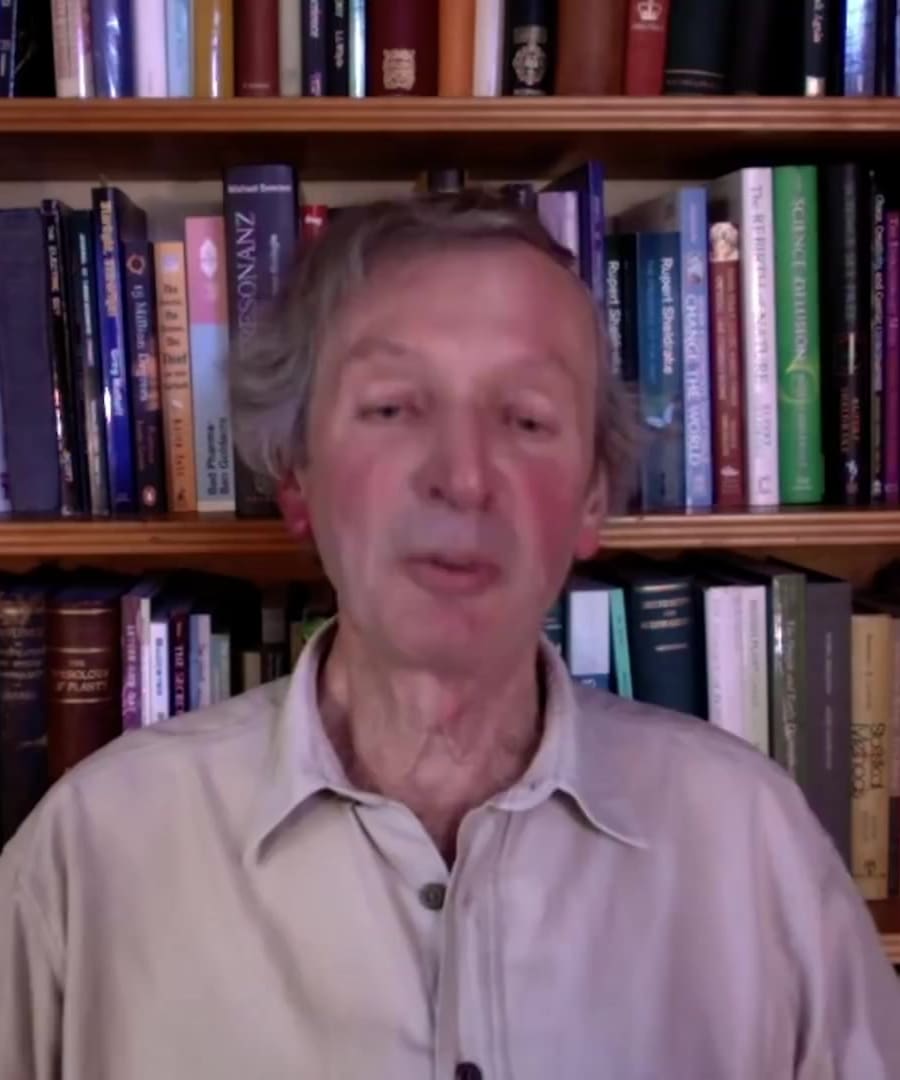Is memory beyond the brain?
Sources:
The concept of memory extending beyond the brain is explored from different perspectives by various experts and thinkers. Here are a few noteworthy insights:
-
Rupert Sheldrake argues that memories might not be stored in the brain at all. He compares the brain to a TV set, processing signals but not storing the programs watched. Damaging the brain can impair memory functions, similar to how damaging a TV affects its operation, but this doesn’t necessarily prove that memories are stored there 1.
-
Annie Murphy Paul discusses the "extended mind" theory from philosophers Andy Clark and David Chalmers. This theory suggests that thinking and memory aren't confined to the brain but extend into our body gestures, interactions with others, and even tools like notebooks. This broader approach challenges the traditional view that cognition is solely a brain-based activity 2.
-
Tracee Stanley speaks about memory in a more spiritual context, suggesting that true memory transcends the mind and taps into a deeper, intuitive level. This type of memory is accessed by moving beyond mere repetitive thoughts to a state of intuitive knowing, often facilitated through practices like yoga 3.
These perspectives offer a broader understanding of memory, suggesting it might not be as localized in the brain as traditionally believed.
RELATED QUESTIONS-
